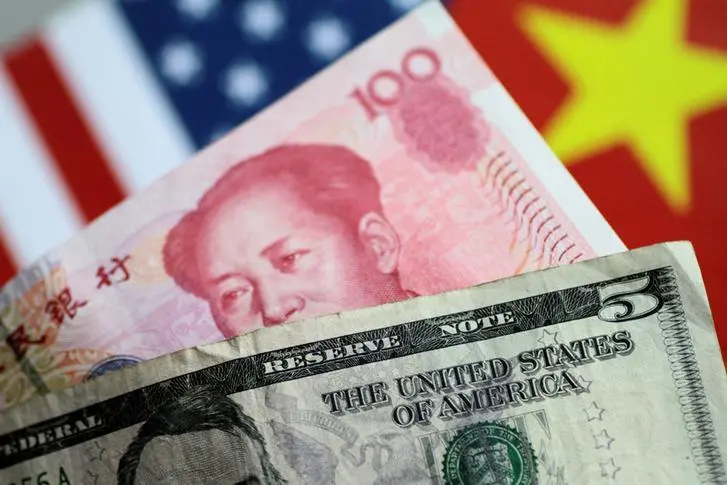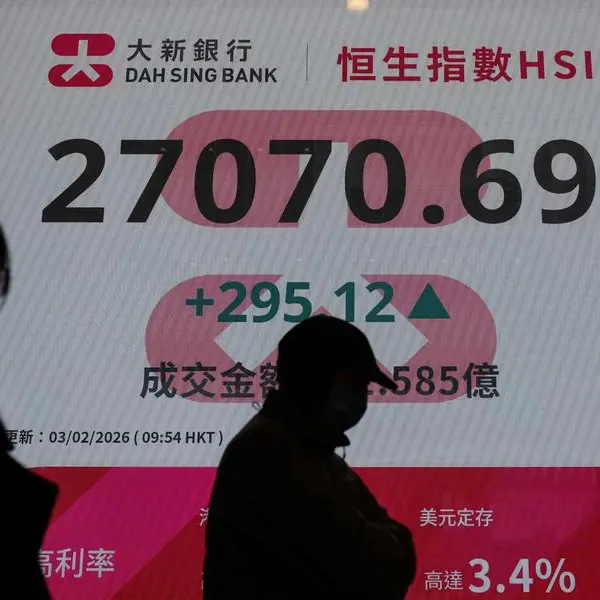PHOTO
SHANGHAI - China surprised markets by lowering a string of major short and long-term interest rates on Monday, in an effort to boost growth in the world's second-largest economy. Analysts said the move showed the yuan, which has been undermined all year by its low yields versus U.S. rates, is less of a priority than growth.
WHY IT'S IMPORTANT
A weakening yuan has been considered a constraint on the People's Bank of China's (PBOC) monetary easing efforts, and investors had widely expected the PBOC would wait till the Federal Reserve started rate cuts to avoid widening the yield gap and additional depreciation pressure. Analysts said some initial declines in the yuan on Monday were a knee-jerk reaction, and further weakness will be carefully managed. The rate cuts were part of the pro-growth policy following the weaker-than-expected second-quarter economic data last week and echoed the call from the plenum to achieve this year's "around 5%" growth target. BY
THE NUMBERS
China lowered seven-day reverse repo rate, the one-year loan prime rate (LPR), the five-year LPR and cost of standing lending facility by 10 basis points each. The yuan has lost 2.4% against the dollar year-to-date, and last traded at 7.2734. Yields on 10-year U.S. Treasuries were about 200 bps higher than the benchmark 10-year Chinese government bonds .
CONTEXT
The yuan has faced headwinds such as widening yield differentials with other major economies, worries about weak growth and rising trade tensions since late last year. China's onshore yuan is only allowed to move in a narrow range of 2% around a daily midpoint fixing guided by the PBOC, and markets take the guidance as an official signal of FX stance. The PBOC also carefully manages offshore yuan cash conditions, as it has gradually increased the size of the bills it sold in Hong Kong since August 2023.
KEY QUOTES
Volkmar Baur, FX strategist at Commerzbank: "The measures should be aimed at achieving the government's growth target of 5% this year...the market will be able to discount more negative scenarios of a more pronounced growth slowdown, which should help the yuan."
Becky Liu, head of China macro strategy at Standard Chartered: "FX containment will become a smaller constraint – We see China having little incentive to letting the yuan appreciate, regardless of the direction of the dollar index." "Their effort to defend the currency mainly aims to prevent disorderly depreciation, rather than trying to engineer an appreciation."
CHART
Analysts expect the yuan to finish the year at 7.29 per dollar, about 0.23% weaker than the current level, according to seven forecasts compiled by Reuters.
(Reporting by Shanghai Newsroom; Editing by Vidya Ranganathan and Varun H K)




















